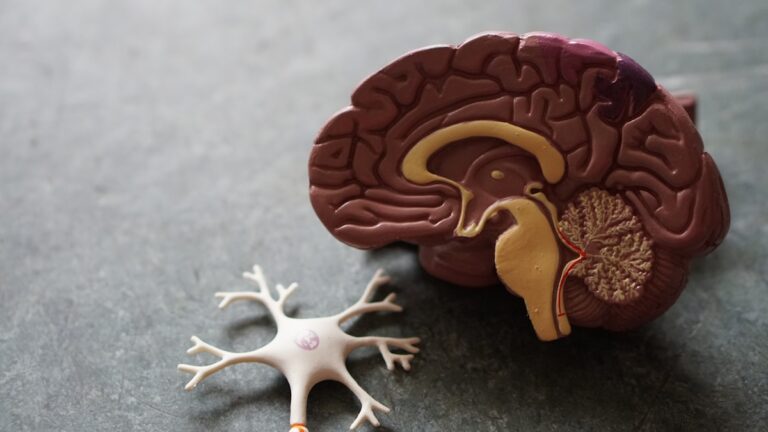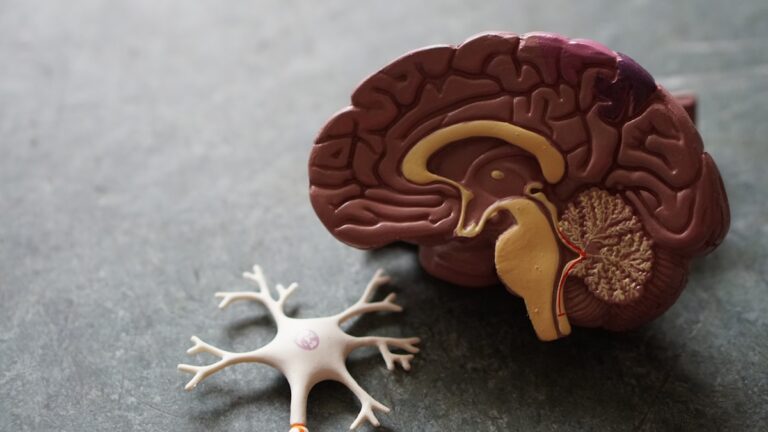Dementia is a debilitating disease that affects millions of people all over the world. It is characterized by a decline in cognitive function, affecting memory, thinking, behavior, and the ability to perform daily activities. While there is no cure for dementia, there are ways to reduce the risk of developing this condition. One of the most important factors being diet.
A healthy and balanced diet is crucial for maintaining overall health, but it can also play a significant role in protecting against dementia. Eating a nutritious diet can improve brain function, reduce inflammation, and protect against cognitive decline. In this article, we will dive deeper into the connection between diet and dementia and explore how making dietary changes can help prevent or delay the onset of this disease.
What is Dementia?
Before we delve into the role of diet in preventing dementia, let us first understand what dementia is. Dementia is a broad term used to describe a decline in mental ability severe enough to interfere with daily life. It is not a specific disease but rather a group of symptoms caused by various underlying conditions such as Alzheimer’s disease, Parkinson’s disease, and vascular dementia.
Symptoms of dementia may vary from person to person, but some common signs include memory loss, difficulty with language and communication, trouble performing familiar tasks, poor judgment, and changes in mood and behavior. As the disease progresses, individuals may also experience difficulty with motor skills and experience confusion and disorientation.
The Role of Diet in Dementia Prevention
According to research, there is a strong link between diet and the risk of developing dementia. Studies have shown that certain foods and nutrients can directly impact brain health and reduce the risk of cognitive decline. Let us take a closer look at how different aspects of our diet can play a role in protecting against dementia.
1. Omega-3 Fatty Acids
Omega-3 fatty acids are essential polyunsaturated fats that are crucial for brain health. These fatty acids are found in oily fish such as salmon, tuna, and sardines, as well as in nuts and seeds like walnuts and flaxseeds. Omega-3 fatty acids have been shown to improve cognitive function and reduce the risk of dementia.
The brain is composed of nearly 60% fat, and omega-3 fatty acids are a key component of the brain’s structure. Research has also shown that these fatty acids can help reduce inflammation in the brain, which is a major contributor to dementia. Including sources of omega-3 fatty acids in your diet can help protect against cognitive decline and promote brain health.
2. Antioxidants
Antioxidants are compounds found in fruits and vegetables that help protect cells from damage caused by free radicals. Free radicals are unstable molecules that can damage cells and contribute to the development of various diseases, including dementia. Antioxidants work by neutralizing these free radicals and reducing oxidative stress in the brain.
Some powerful antioxidants to include in your diet are vitamins C and E, beta-carotene, and flavonoids. These can be found in a variety of fruits and vegetables such as berries, citrus fruits, leafy greens, and colorful vegetables like carrots and peppers. Including a variety of antioxidant-rich foods in your diet can help protect against cognitive decline and reduce the risk of developing dementia.
3. Mediterranean Diet
The Mediterranean diet is a heart-healthy eating pattern that has been associated with a reduced risk of various diseases, including dementia. This diet emphasizes whole, plant-based foods such as fruits, vegetables, whole grains, legumes, nuts, and healthy fats like olive oil. It also includes moderate amounts of fish, poultry, and dairy products while limiting red meat and processed foods.
Studies have shown that adhering to a Mediterranean diet can improve cognitive function and reduce the risk of developing dementia. This may be because this diet is high in antioxidants, healthy fats, and nutrients that support brain health. Following a Mediterranean diet can also help manage other risk factors for dementia, such as high blood pressure and cholesterol levels.
4. B Vitamins
B vitamins, including thiamine (B1), riboflavin (B2), niacin (B3), folate (B9), and cobalamin (B12), are essential for maintaining brain health. These vitamins are involved in many processes in the body, including the production of neurotransmitters, which are crucial for proper brain function. Deficiencies in B vitamins have been linked to cognitive decline and an increased risk of developing dementia.
You can find B vitamins in a variety of foods such as whole grains, leafy greens, legumes, and animal products like meat, fish, and dairy. Including these foods in your diet can help support brain health and reduce the risk of dementia.
5. Limiting Processed Foods and Sugar
While there are many foods that can help protect against dementia, there are also foods that can increase the risk of developing this disease. Processed foods, which are often high in unhealthy fats, sodium, and added sugars, have been linked to an increased risk of dementia. These foods can lead to inflammation in the body and contribute to chronic conditions such as cardiovascular disease and type 2 diabetes, which are known risk factors for dementia.
Additionally, consuming too much sugar has been shown to negatively impact brain function and increase the risk of cognitive decline. Limiting processed foods and added sugars in your diet can help protect against dementia and promote overall health.
Conclusion
In conclusion, diet plays a crucial role in protecting against dementia. By including brain-boosting foods rich in omega-3 fatty acids, antioxidants, B vitamins, and following a Mediterranean-style eating pattern while limiting processed foods and added sugars, we can reduce the risk of cognitive decline and delay the onset of dementia. Additionally, maintaining a healthy weight, exercising regularly, and managing other lifestyle factors such as stress and sleep can also contribute to a reduced risk of developing this debilitating disease. By making small dietary changes, we can take proactive steps towards protecting our brain health and reducing the risk of dementia.





